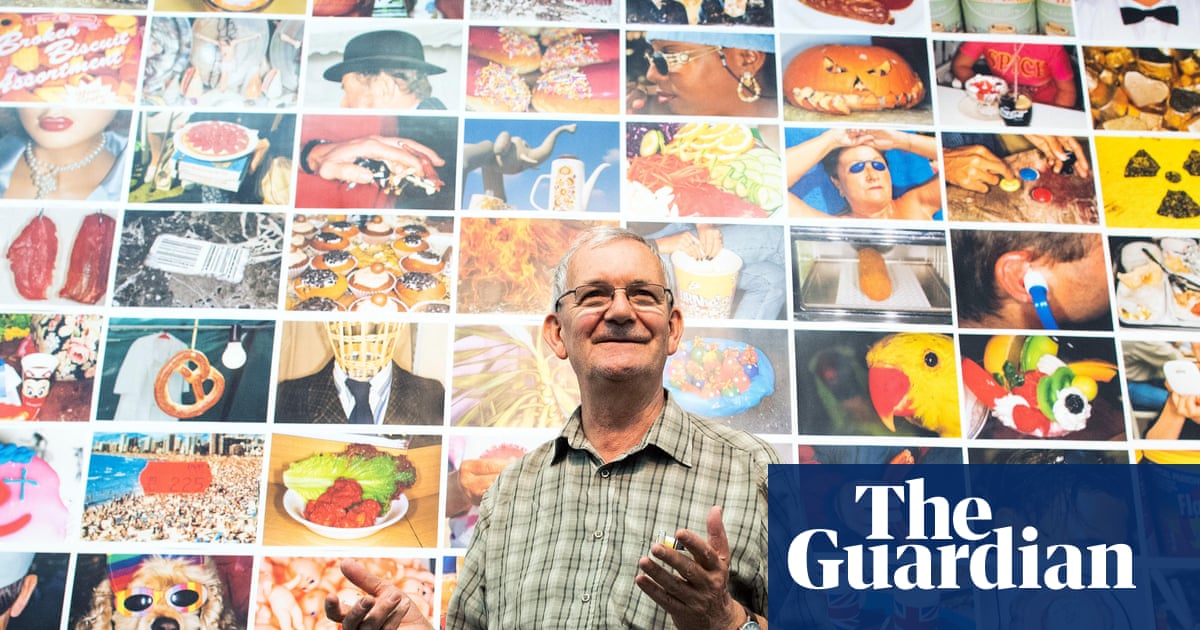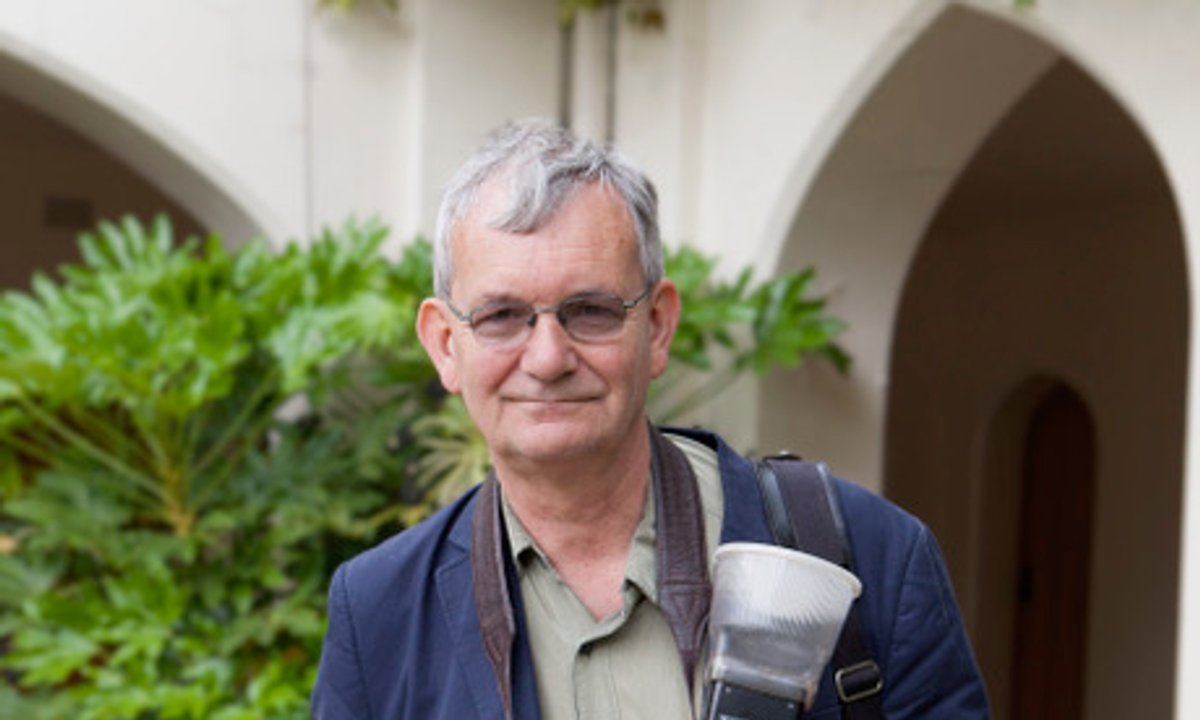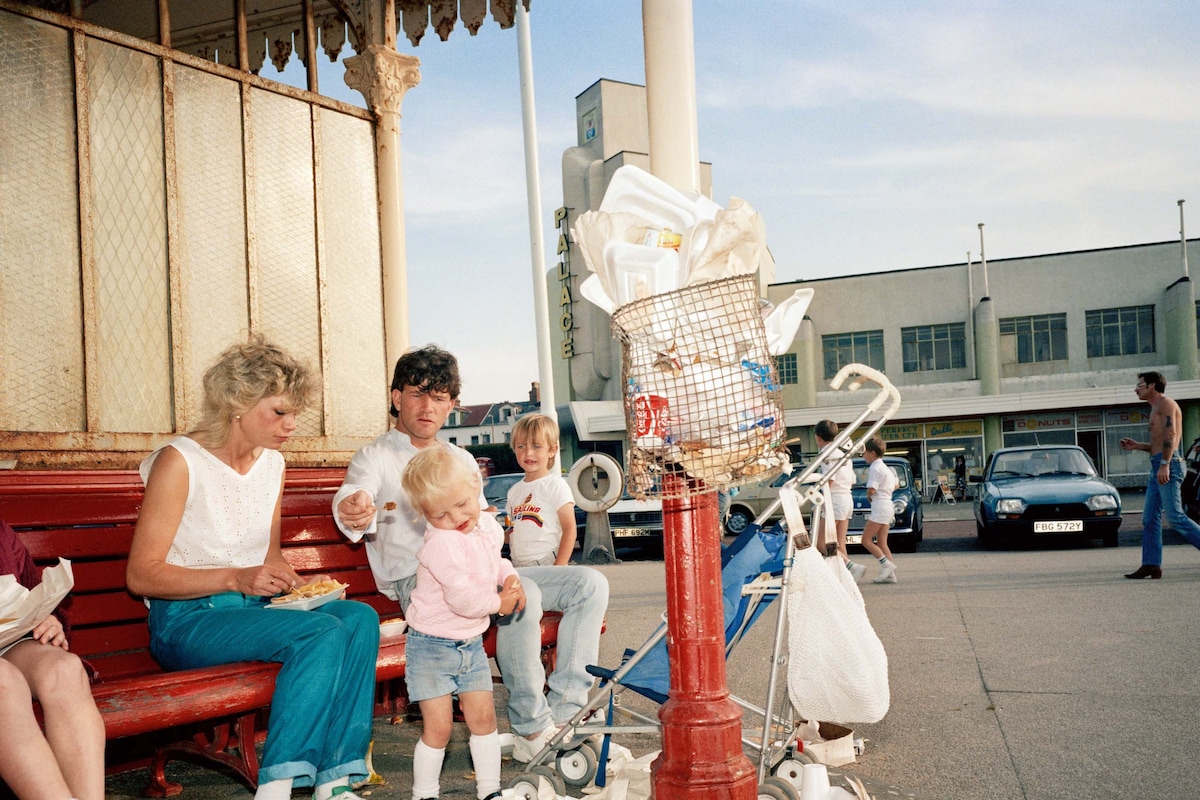#british-culture
#british-culture
[ follow ]
#martin-parr #travel #documentary-photography #nostalgia #cod-wars #nato-diplomacy #local-greetings #photography
fromItsnicethat
3 months agoHannah Robinson illustrates celebrities entertaining essays on what makes Britain 'great' for GQ
In mid-September GQ's latest issue, What's So Great About Britain?, launched to much fanfare online. It's cover shoot, shot by Charlotte Rutherford, saw British icons from FKA Twigs to Anthony Joshua, Brian Cox and even My Blobby come together on a hectic British high street, littered with pigeons, umbrellas and lost cat signs. As the rest of the issue rolled out
Photography
fromInverse
4 months agoNetflix Just Quietly Added The Most Brutal Horror Movie Of The Year
Envisioning how British culture might react to its own demise, director Danny Boyle introduces a world shaped by nostalgia, opening with a quasi-medieval village interspersed with patriotic clips from Laurence Olivier's 1940s adaptation of Henry V. Quarantined by a kind of turbo-charged, involuntary Brexit, the survivors in 28 Years Later aren't just nostalgic for the Before Times - they're modeling their lives on the distant past. With its historical reference points and deceptively picturesque rural setting, the film disrupts our expectations for a legacy sequel, often feeling closer to The Wicker Man than the urban survival horror of the original 28 Days Later.
Film
fromItsnicethat
4 months agoSophie Green's photobook Tangerine Dreams explores the kaleidoscope of British national identity
Sophie Green documents the culture on her doorstep; she's fascinated by who - and what - makes British culture, and its "layered, joyful, and often quietly resistant" communities. Sophie's new book, Tangerine Dreams, is the culmination of a decade of documentation, covering Aladura Spiritualist congregations, modified street car communities, marching bands, dance troupes, British cowboys, dog shows, horse racing fans, Peckham afro hair salons, and Irish dancers.
Books
fromColossal
5 months agoIn 'Bourdon Street Chippy,' Lucy Sparrow Celebrates a British Culinary Institution in Felt
Bourdon Street Chippy replicates a traditional British fish and chips shop, yet everything is crafted from felt, including the food and decor, creating a unique visual experience.
London food
Travel
fromTravel + Leisure
7 months agoEngland's First Luxury Sleeper Train Is Set to Depart in July-With Fine Dining, a Victorian-inspired Bar Car, and a Spa
Britain's first luxury sleeper train, the Britannic Explorer, begins its journey on July 21, offering unique experiences across England and Wales.
London politics
fromwww.theguardian.com
8 months agoBritain needs an alfresco dining revolution to bring life into its cold city centres | Dan Hancox
British attitudes towards outdoor dining are changing as more cities invest in public spaces to enjoy food and socialization outdoors, irrespective of weather.
[ Load more ]




